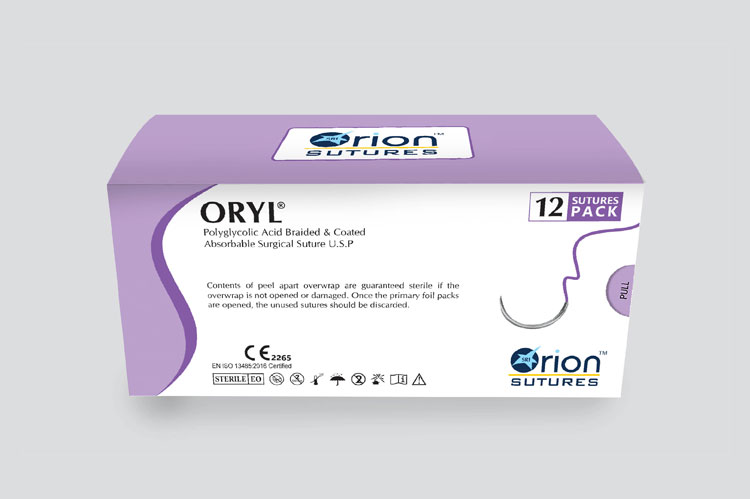
When it comes to surgery, speed is of the essence. If you can minimize the time you spend in surgery and recover more quickly, that’s always a good thing. One suture that is shown to help speed up surgical healing is a polyglycolic acid suture.
Polyglycolic acid suture is a synthetic suture that mimic the properties of human tissue. This makes it a popular choice for medical procedures. That require close surgical approximation, such as closed-type stents or skin grafts. While there are some side effects to using polyglycolic acid suture, they are generally mild and tolerable. So if speed is your top priority when it comes to healing from surgery, give polyglycolic acid suture a try!
What Is Polyglycolic Acid?
Wounds can be a frustrating experience, but with the help of polyglycolic acid sutures, they can be heal quickly and effectively. This suture is made of a synthetic material that helps to reduce scarring, reduce pain, and improve function overall.
Clinical trials have shown that polyglycolic acids sutures are an effective wound healer. And they are a good option for people seeking faster healing times. If you’re serious about healing your wounds as quickly as possible, choose polyglycolic acid sutures!
How Is Polyglycolic Acid Used?
When tissue is damage, it needs to be heal as quickly as possible. Polyglycolic acid suture is a synthetic molecule that helps heal tissue more quickly. It bonds with adhesives and other proteins to form dressings, bandages, and splints.
This synthetic molecule is an effective treatment for various types of tissue damage – internal and external injuries alike! So, if you’re looking for a way to heal cuts, wounds, surgical incisions and more quickly, polyglycolic acid’s suture is a great option!
How Is Polyglycolic Acid Different From Other Sutures?
Suturing is an essential part of any surgery, but it can be a daunting task for first-time surgeons. That’s where polyglycolic acid suture come in – they‘re a synthetic polymer with unique properties that make them ideal for suturing. For example, PGA sutures are biocompatible, meaning they don’t cause any harm or inflammation. Furthermore, they’re highly elastic and have a low rate of infection.
This makes them a perfect choice for use in surgery. And not only are they effective, but they also last longer than other types of sutures – meaning. They’re less likely to cause tissue damage or require re-attachments later on down the line. If you’re looking for a suture that has all the bells and whistles. Then polyglycolic acid suture is the perfect option for you!
What Are The Benefits Of Using Polyglycolic Acid Suture?
When it comes to wound healing, polyglycolic acid suture is a top pick. This material helps to heal wounds faster and more effectively than traditional stitches. Additionally, it has a low profile and is less invasive for patients.
This makes it a good choice for those who are uncomfortable with traditional stitches. Additionally, polyglycolic acid suture is biocompatible, which means it won’t cause any adverse side effects in the long run. So, if you’re looking for a faster healing process, polyglycolic acid suture is the perfect choice!
Are There Any Side Effects To Using Polyglycolic Acid Suture?
There’s a new medical suture on the market that is being hail as a miracle worker for wound healing. Known as polyglycolic acids suture, this treatment helps wounds heal more quickly than traditional stitches. There are no report side effects associate with this medical treatment, making it an attractive option for those looking to speed up healing times.
Additionally, it’s less invasive than other types of stitches, so there is little chance of scarring or lasting damage. If you’re considering using polyglycolic acid’s suture in the future, be sure to consult with your doctor first to ensure safety and efficacy before making a decision.
Conclusion
Polyglycolic acid suture is a unique type of suture that has been shown to help heal wounds more quickly and effectively than traditional sutures. This suture is made from a synthetic material that is similar to human skin and is, therefore, more comfortable for the patient. In addition, the polyglycolic acid suture vicryl has a number of benefits that make it an advantageous choice for surgical procedures. Make sure to read through this blog to learn all you need to know about polyglycolic acid suture and how it can help you heal faster!